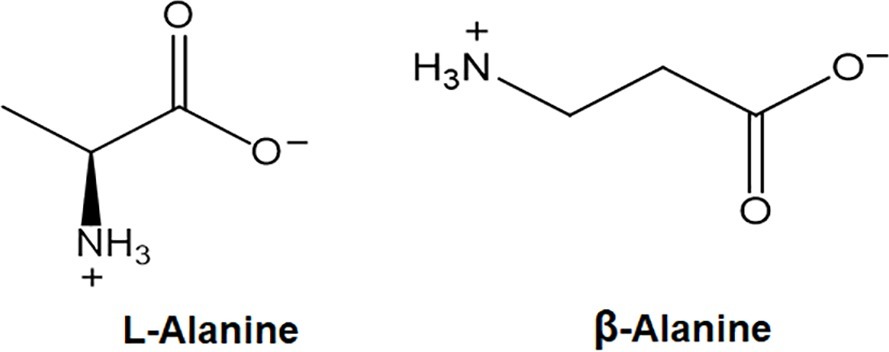Introduction:
Alternative medicine, also known as complementary and alternative medicine (CAM), is an umbrella term for a diverse range of medical systems and therapies that lie outside the bounds of conventional medical practice. Over the past few decades, alternative medicine has gained traction among patients seeking holistic approaches to healthcare. This article aims to provide a comprehensive review of the efficacy and safety of various alternative medicine modalities and shed light on their potential role in modern healthcare.
Body:
1. Traditional Chinese Medicine (TCM):
Originating in ancient China, TCM encompasses various therapies, including acupuncture, herbal medicine, and dietary interventions. Acupuncture, founded on the principles of restoring balance by stimulating specific points on the body, has shown promising results in managing chronic pain, nausea, and other conditions. Several studies have suggested that the mechanism of action involves the release of endogenous opioids, neurotransmitters, and modulation of the autonomic nervous system. While evidence for the efficacy of herbal medicine remains mixed, there is growing interest in pharmacological research to identify and validate active compounds for use in conventional medicine.
2. Ayurveda:
Originating in India, Ayurveda emphasizes individualized treatments aimed at achieving balance between body, mind, and spirit. Ayurvedic interventions often include herbal medicines, detoxification therapies, and lifestyle modifications. While Ayurvedic treatments have shown potential in improving general well-being and certain chronic conditions, evidence remains limited. Quality control and standardization of Ayurvedic interventions pose challenges, and caution should be exercised due to the potential for heavy metal contamination in some formulations.
3. Homeopathy:
Based on the principle of "like cures like," homeopathy employs highly diluted substances to stimulate the body's self-healing mechanisms. Despite criticism regarding the scientific plausibility of the homeopathic principle, a growing body of research suggests potential benefits in certain conditions, such as allergies, rheumatic diseases, and upper respiratory tract infections. Placebo effects, however, play a significant role in homeopathy, and rigorous studies are required to establish its efficacy beyond placebo response.
4. Naturopathy:
Naturopathy emphasizes natural therapies, lifestyle modifications, and prevention of diseases. Treatment modalities often include dietary interventions, nutritional supplements, herbal medicines, hydrotherapy, and physical manipulation. Although some naturopathic interventions, such as exercise and stress reduction techniques, have shown positive results, evidence supporting the efficacy of naturopathy as a whole remains limited. Concerns have also been raised about potential interactions between naturopathic treatments and conventional medications.

5. Mind-body Interventions:
Mind-body interventions, such as meditation, yoga, and relaxation techniques, have gained popularity for their potential to improve mental health, relieve stress, and complement conventional medical treatments. Studies have suggested the positive impact of meditation in reducing anxiety, depression, and improving overall well-being. Likewise, yoga has shown promise in enhancing flexibility, strength, and reducing pain in various musculoskeletal conditions. However, further research is needed to establish the clinical benefits and underlying mechanisms of these interventions.

6. Chiropractic Medicine:
Chiropractic medicine focuses on the diagnosis and treatment of musculoskeletal disorders, primarily involving spinal manipulations or adjustments. While chiropractic treatments have been considered effective for conditions such as low back pain, neck pain, and certain headaches, the scientific evidence supporting its efficacy is mixed. Safety concerns related to spinal manipulations, particularly in vulnerable populations, highlight the importance of skilled practitioners and informed patient choices.
Conclusion:
Alternative medicine offers a broad spectrum of therapeutic approaches that often aim to complement conventional medicine rather than replacing it. While some alternative modalities demonstrate promise in certain conditions, many lack rigorous scientific evidence to support their efficacy consistently. As patient interest in alternative medicine continues to grow, collaboration between conventional and alternative healthcare providers, along with robust research, is essential to ensure safe and effective integrative approaches to patient care.